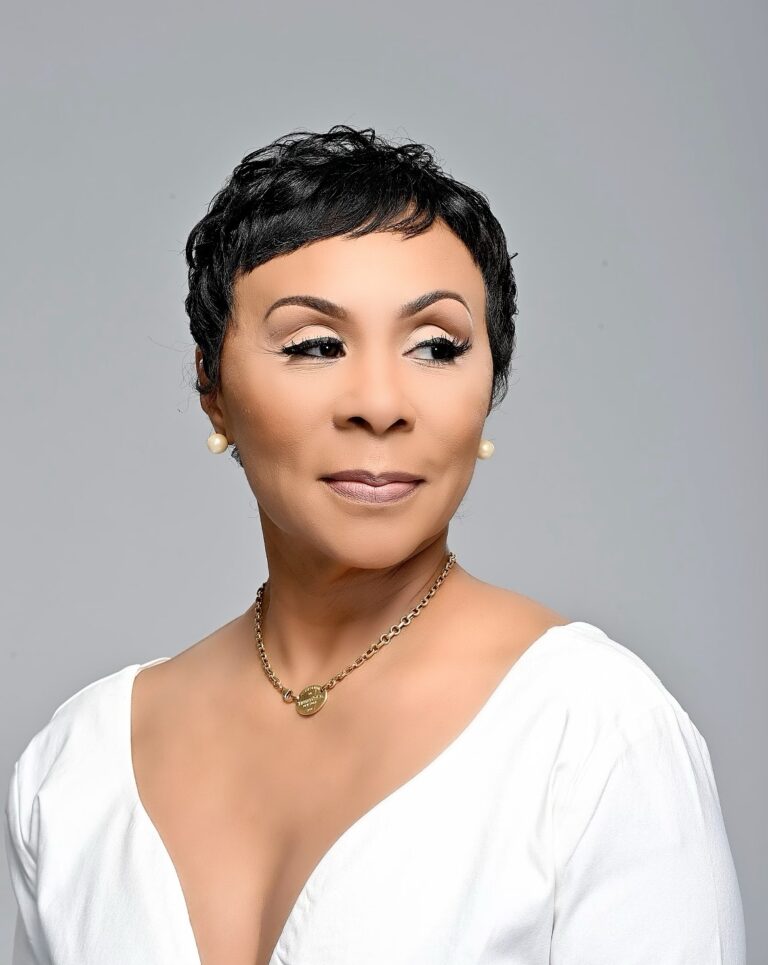
Dr. Carmen Johnson
Director of Courtwatch & Judicial Accountability for Courtwatch PG
Carmen is the driving force behind all of CourtWatch PG’s moving parts.
"What Are You Doing To Help Your Community?"
Dr. Carmen Johnson, Director of Court Watch and Judicial Accountability, was shaped by a politically active family background. Instead of engaging in typical childhood activities, Carmen was immersed in political discussions, with memories of her grandmother explaining Watergate and her father challenging her to think about her contributions to the community. Inspired by figures like Mother Teresa, Carmen’s early life was steeped in a sense of advocacy, duty, and love for her community.
Carmen joined Life After Release following a wrongful conviction and incarceration that interrupted her career as a successful businesswoman and former housing chair for the State Conference of the Maryland NAACP. Her vocal opposition to illegal foreclosures in the Black community after the 2008 financial crisis marked her for political retribution, leading to a trial in an empty courtroom and a sentence of three years in a federal prison camp. When Qiana Johnson, Executive Director of LAR, offered her the opportunity to lead the court watch program, Carmen was uncertain about what this entailed and whether she was even mentally ready to handle sitting in a courtroom. She eventually embraced the idea, realizing that this could have helped her during her trial in 2015. She then understood that court watching could save many lives. Carmen became driven by a desire to prevent others from enduring the injustices she experienced.
Since February 2020, Carmen has overseen more than 6,500 bond hearings and has trained upwards of 100 court watchers, managing a core team of 14 to 15 regular volunteers. Under her leadership, the program collaborates with law students from prestigious institutions such as Howard, Berkeley, UDC, Georgetown, and American University, cultivating a robust network of future legal and restorative justice professionals. She challenges these students to leverage their talents against the injustices and racial disparities they witness, encouraging them to become not just great attorneys but also equitable judges. She always reminds them to never forget her story as they go on to become great attorneys and judges.
In her daily observations of bond hearings, Carmen identifies systemic injustices typically obscured from public view—from overcharging by police to biases that strip detained individuals of their right to free defense. Despite obstacles like uncooperative jail communications systems and outdated practices such as cash bail, Carmen’s advocacy extends beyond mere observation. Her team actively challenges discrepancies and injustices through accountability letters, ensuring that courtroom actors adhere to Maryland Rule 4-216 and other legal standards.
Driven by her own harrowing experiences, Carmen has galvanized a formidable team of “Court-Watchers and Law Students,” committed to transparency and reform. “The days when ‘Nobody’s watching’ are over,” she asserts, dedicated to enlightening the community about courtroom realities to safeguard others from the injustice of an overlooked courtroom. This initiative is more than oversight; it’s a crusade for justice, helmed by Carmen’s unwavering commitment to change.